Bhopal, the capital city of Madhya Pradesh, is not only famous for its lakes and historical monuments but also for its diverse and rich culinary history. A melting pot of Mughlai, Nawabi, tribal, and local influences, Bhopal’s cuisine reflects its royal past and cultural diversity. From the opulent dining halls of the Nawabs to the bustling streets filled with the aroma of local delicacies, the food of Bhopal is as varied as it is delicious.
1. Nawabi Influence: The Heart of Bhopali Cuisine
Bhopal’s culinary history is deeply rooted in the Nawabi traditions. The city was once ruled by the Nawabs, whose love for rich, flavorful food has left a lasting mark. The Mughlai cuisine brought by the Nawabs introduced slow-cooked, aromatic dishes like Biryani, Korma, and Shami Kebabs.
- Bhopali Pulao, a famous dish, is a flavorful rice preparation often cooked with meat, spices, and saffron.
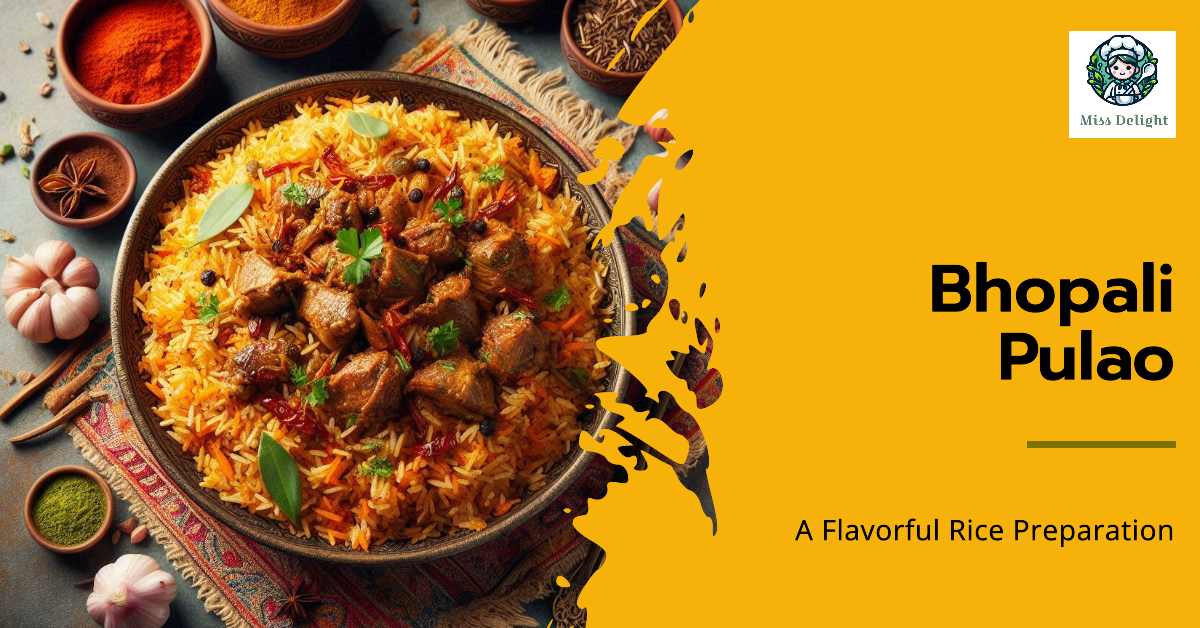
- Rogan Josh and Keema are other notable Nawabi dishes, known for their rich gravies and tender meats, prepared using traditional methods passed down through generations.
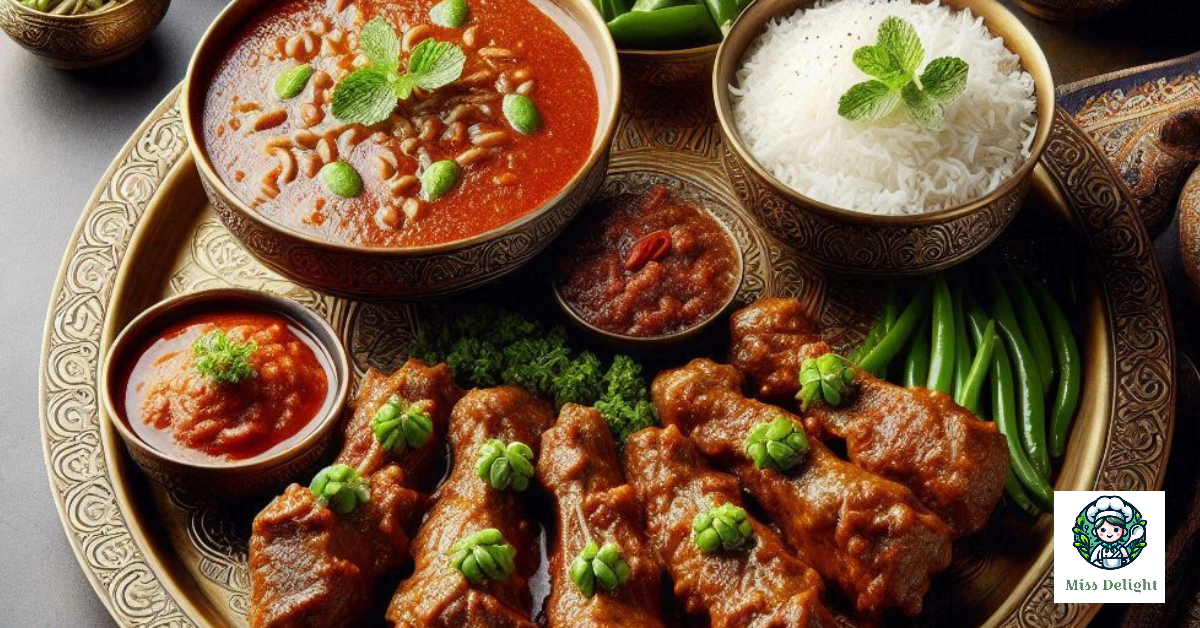
2. Tribal and Gond Influence: A Connection to the Land
Before the Nawabs, the region around Bhopal was part of the Gond Kingdom. The tribal communities that inhabited the area had a distinct food culture, centered around local ingredients like millets, wild herbs, and forest produce. The simplicity of tribal cuisine contrasts sharply with the richness of Nawabi food, but both traditions coexist harmoniously in Bhopal today.
- Traditional tribal dishes, often based on seasonal produce, are still cooked in rural areas, maintaining a connection to the region’s indigenous roots.
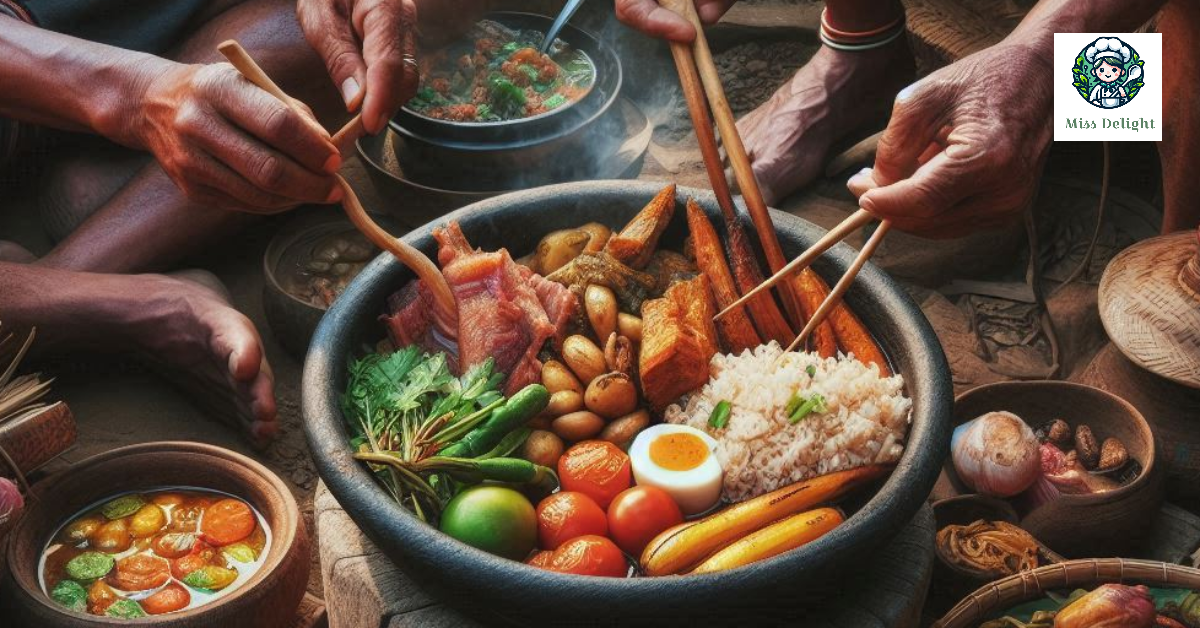
3. Street Food: The Soul of Bhopal
No discussion of Bhopal’s food history is complete without mentioning its vibrant street food culture. Over the years, Bhopal’s streets have become synonymous with affordable, flavorful snacks that draw crowds from all over the city.
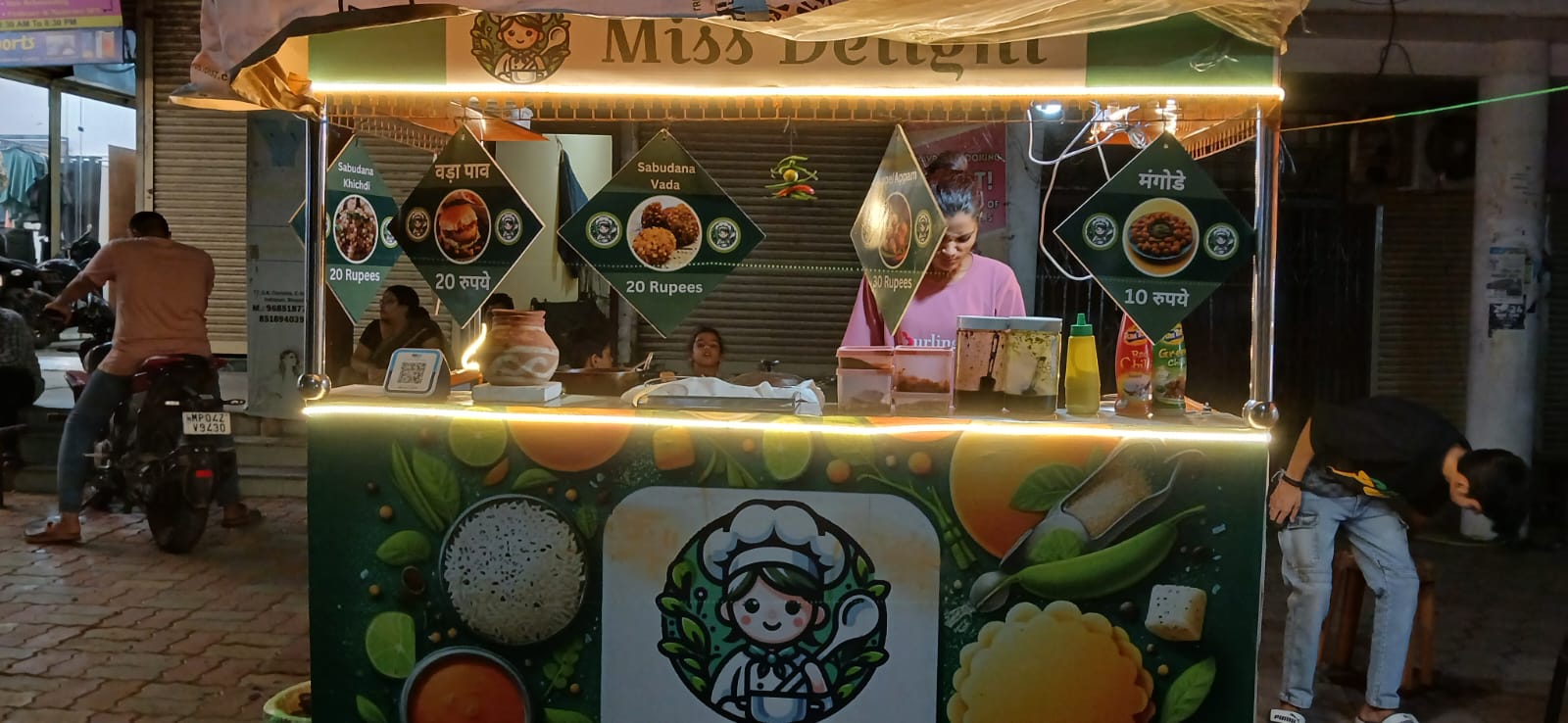
- Poha-Jalebi, a staple breakfast dish, reflects the city’s unique take on a traditional combination of spiced flattened rice and sweet fried pretzels.
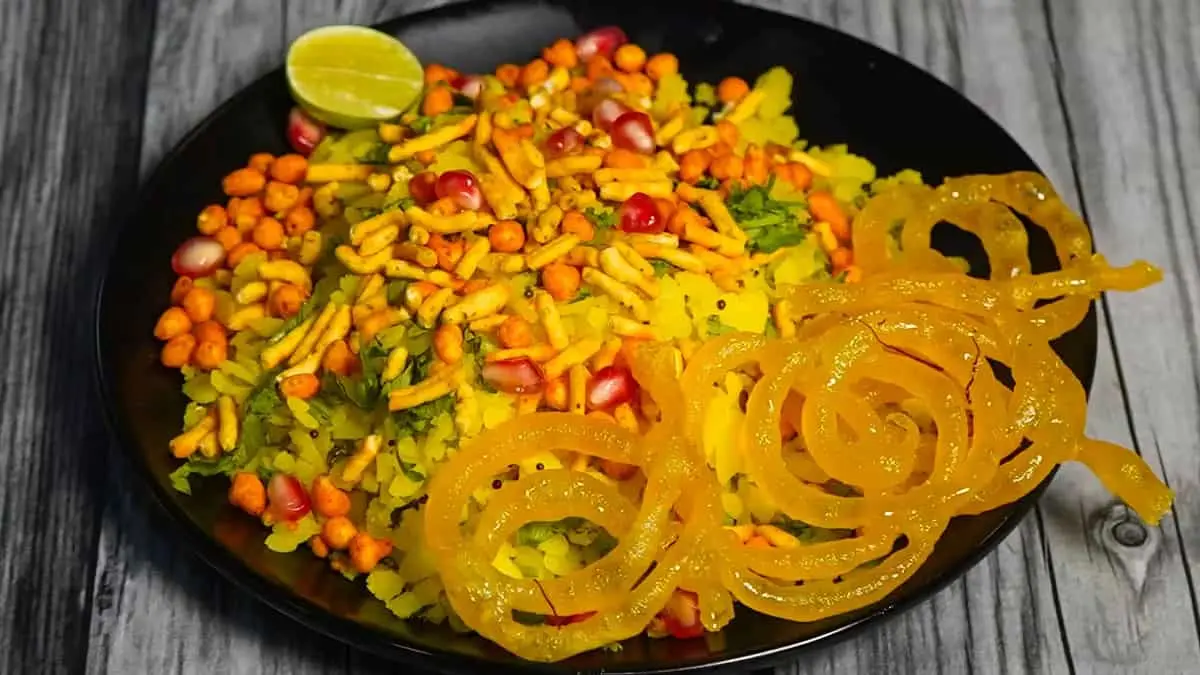
- Samosa, Chaat, and Dahi Puri are local favorites, offering a quick bite packed with flavors of tangy chutneys and spices.
- The famous Suleimani Tea, a salty and spiced beverage, is a Bhopali specialty, often paired with kebabs or samosas.
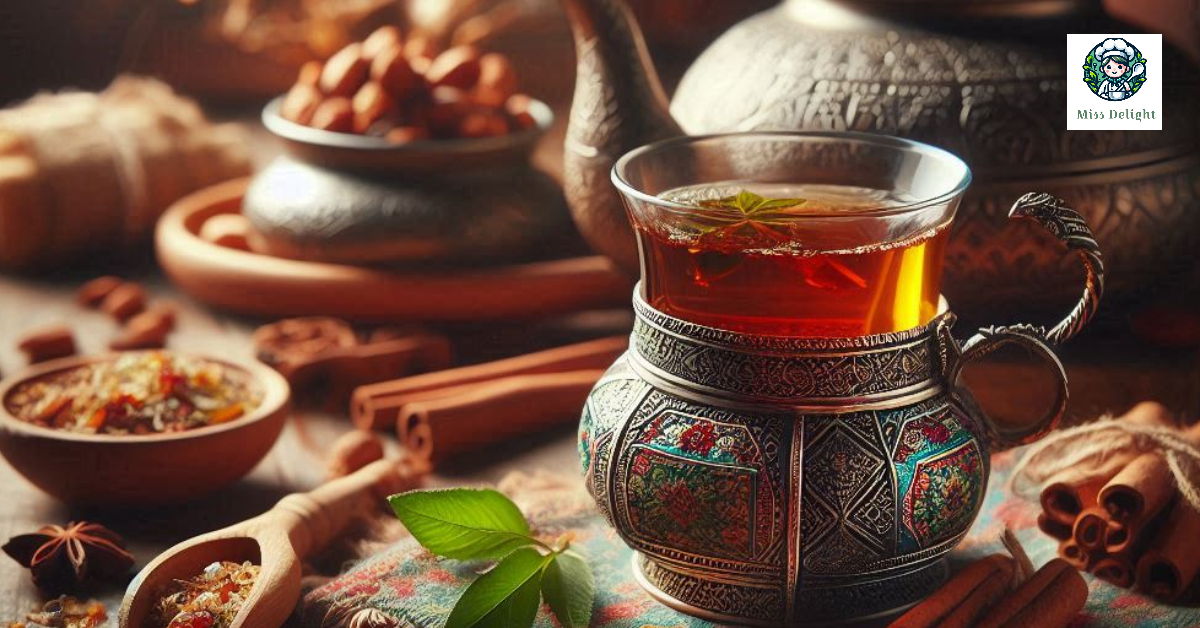
4. Festive Foods: A Celebration of Bhopal’s Culinary Heritage
During festivals, Bhopal’s food scene becomes even more vibrant. Whether it's Eid, where homes are filled with the aroma of Sheer Khurma (a milk-based vermicelli dessert) and Biryani, or Diwali, where sweets like Ladoos and Gulab Jamun are widely shared, food plays a central role in the city’s festive celebrations.
- The Nawabi influence is particularly strong during Eid, with dishes like Nihari (a slow-cooked meat stew) and Seekh Kebabs taking center stage.
5. Modern Evolution: A Mix of Traditional and Contemporary
In recent years, Bhopal’s food scene has evolved, blending its rich history with modern trends. Restaurants and cafes now offer a wide variety of cuisines, from traditional Bhopali fare to international dishes like Italian and Chinese.
- Organic and farm-to-table dining is also becoming popular in Bhopal, catering to the health-conscious crowd while maintaining the city’s focus on fresh, local ingredients.

6. Preserving Tradition: The Effort to Keep Bhopal’s Culinary Legacy Alive
Many families and restaurants in Bhopal are making concerted efforts to preserve traditional recipes and cooking methods. Local eateries still serve authentic Bhopali dishes like Mutton Rizala and Firni, ensuring that future generations experience the rich history of Bhopali cuisine.
Final Thoughts: A Culinary Journey Through Time
Bhopal’s food history is a rich tapestry woven from its royal past, indigenous roots, and diverse cultural influences. Whether you’re savoring a slow-cooked Korma or indulging in a plate of Poha-Jalebi on the streets, the city offers a flavorful journey through time. The blend of Nawabi, tribal, and local flavors ensures that Bhopal remains a culinary destination for food lovers.